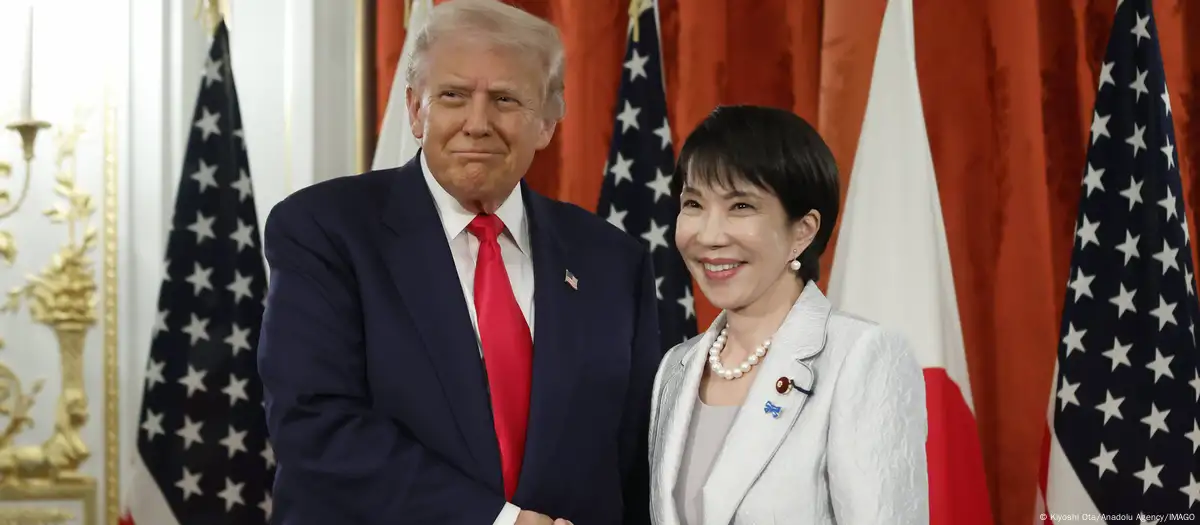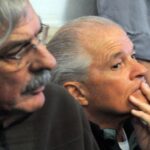
During a visit to the Asian country, Donald Trump and Japanese Prime Minister, Sanae Takaichi, signed a pact that seeks an alternative to Chinese dominance in the processing of critical minerals. Tokyo should nominate the American for the Nobel Peace Prize.
United States President Donald Trump heaped praise on Japan’s newly sworn-in Prime Minister, Sanae Takaichi, when meeting her in Tokyo this Tuesday (28/10), when the two leaders signed trade agreements that include American access to rare earth elements.
“It is a great honor to be with you, especially so soon, as you will be, I think, one of the greatest prime ministers,” Trump told Takaichi at the Akasaka Palace guest house.
Takaichi applauded Trump’s efforts to resolve global conflicts and promised to nominate him for the Nobel Peace Prize, according to the White House. The Republican’s nomination for the award has been verbally defended by his administration since his inauguration in January.
The agreement signed by Trump and Takaichi includes collaboration in the areas of nuclear energy, artificial intelligence and critical minerals. Tokyo promised to invest 550 billion dollars (R$2.9 trillion) in the US in loans and guarantees, as part of an agreement to obtain relief from import tariffs imposed by Trump.
US seeks alternative to Chinese minerals
As Tokyo seeks to return its nuclear power to export markets, the US seeks to reduce China’s dominance over key electronic components.
Japan and the United States will use economic policy tools and coordinated investments to accelerate the “development of diverse, liquid and fair markets for critical minerals and rare earths,” the White House said in a statement.
The countries are considering creating a mutual stockpiling mechanism for critical minerals, as well as cooperating with international partners to ensure supply chain security, the statement said.
Despite not directly mentioning China in its statement, Washington reopened its trade war after Beijing, which processes more than 90% of the world’s rare earths, restricted exports of the critical minerals. Trump has sought to include access to critical minerals as an alternative to Chinese supplies in several rounds of negotiations, including with Brazil.
Trump and Chinese President Xi Jinping are scheduled to meet on Thursday in South Korea to discuss a deal that would lift the surcharge on Chinese products and export controls on rare earths.
Nuclear energy on the table
In a briefing for the negotiations, Japan mentioned mutual interest in cooperating in building new-generation AP1000 nuclear reactors and small modular reactors (SMRs).
These projects could involve Japanese companies such as Mitsubishi Heavy Industries, Toshiba Group and others, in addition to other areas of cooperation.
Nuclear energy, including next-generation reactors, as a matter of greater energy security, affordable energy supply and export technology, is among the top priorities of Takaichi, who became Japan’s first female prime minister last week.
Japan shut down all of its reactors after the Fukushima Daiichi nuclear disaster, caused by a powerful earthquake in 2011 and the subsequent tsunami. China, France, South Korea and Russia currently dominate global exports of nuclear power technology.
Originally published by DW on 10/28/2025
Source: https://www.ocafezinho.com/2025/10/28/japao-e-eua-assinam-acordo-sobre-terras-raras/

